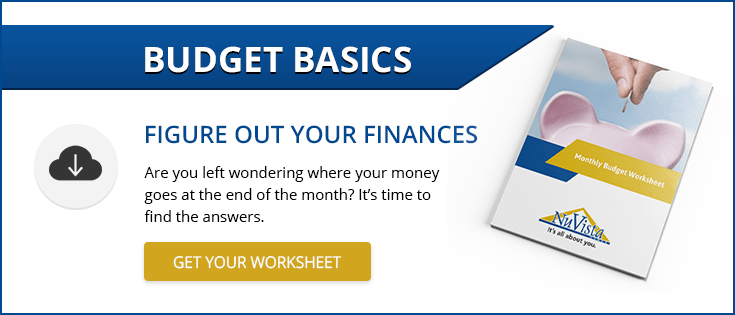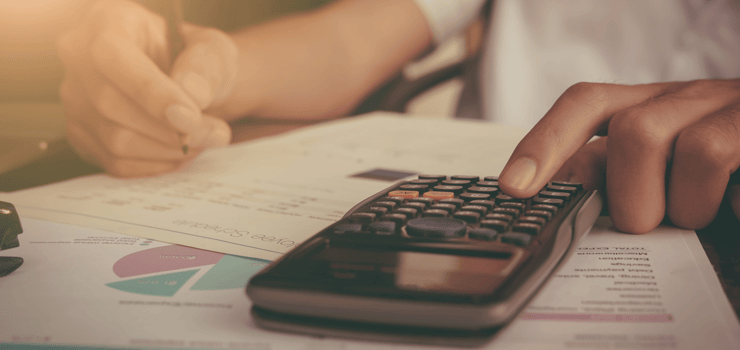 Signing your name on the purchase papers and receiving the keys to your new home will always be a thrilling event, but before any of that can happen, it's essential that you're fully prepared. You need to understand and budget for...
Signing your name on the purchase papers and receiving the keys to your new home will always be a thrilling event, but before any of that can happen, it's essential that you're fully prepared. You need to understand and budget for...
closing costs.
*insert scary music here*
It's actually not that bad, we promise. Many prospective homeowners know all about down payments and how to calculate mortgage costs, but it's easy to overlook the importance of preparing for closing costs when signing on the dotted line.
This guide will give you a brief rundown of what you need to know about Canadian law and closing costs of purchasing a home.
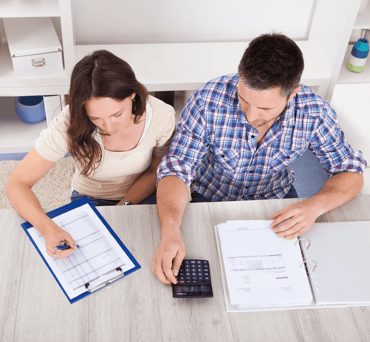 Breakdown of Closing Costs
Breakdown of Closing Costs
Here is a partial list of just some of the many fees you may need to pay when buying a home in Canada:
- Mortgage Insurance - Canadian law requires prospective home buyers who pay less than 20% of the purchase price with a down payment to purchase mortgage insurance.
- Provincial Sales Tax - At this time, Alberta is the only province without a PST but home buyers in other provinces may be required to pay PST on new home purchases.
- Certificate of Location/Property Survey - Most banks and financial institutions require this before approving a mortgage. It's essential that the certificate contains any and all improvements of the property such as swimming pools, patios, decks, sheds, etc. If the certificate does not contain a full list of all improvements, be sure that the purchase offer includes language about which party will pay for a new, updated certificate to be obtained.
- Appraisal Fee - Some banks and financial institutions mandate the hiring of an independent party to appraise the value of the property and its fitness for being financed. The buyer is usually required to pay for the appraisal.
- Down Payment - Usually considered separately, the down payment is an integral part of buying a new home, and mortgages cannot be "closed" until this sum is paid.
- Homeowners' Association - Buying a home in a new subdivision or community may require the payment of homeowners' association fees to finance the maintenance of shared property. Not all communities have these, however, so be sure to ask your builder whether or not this will apply to you.
- Land Transfer Tax/Land Registry Tax - Many provinces require a one-time transfer tax, often nicknamed the "welcome tax." Again, right now Alberta does not impose this tax, but home buyers not in Alberta are required to pay a land transfer registration fee.
- Title Insurance - This is insurance that protects you from anyone else claiming ownership of your property. This is not required for all purchases, so speak to your lawyer for more information about whether you need title insurance or not.
- Legal and Notarial Fees - These can add up, but the good news is you can shop around for the right lawyer and/or notary to assist you with paying fees and filing documents.
- Interest Adjustments - Mortgage payments are usually assessed at the beginning of each month. If you close on your home mid-month, this can cause a calculation conflict for your first payments. Be absolutely sure to inquire as to how interest will be assessed for your first payments.
Hidden Closing Costs to Be Aware Of
Although not mandated by law or local regulations, buying a home and moving can result in some additional expenses. Be sure to budget for "extras" such as new furniture or other décor elements you plan to purchase after you've moved in. And don't forget about the outside! Things like lawn care equipment or snow shovels, patio furniture and more – everything else you'll need to begin enjoying life in your new home.
It's also important to budget for moving costs, including boxes, tape, packing material, hiring a moving company, renting your own vehicle, gasoline, etc.
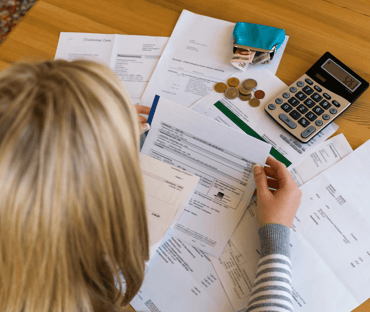 Other Costs to Remember
Other Costs to Remember
These are not officially considered closing costs, but are important to include for your budget calculations:
- Property Taxes - Many buyers arrange with their bank or financial lender to bill property taxes automatically. Some homeowners prefer to pay property taxes annually in one lump sum. In the case of the seller having prepaid that year's property taxes, you will need to arrange with them to reimburse them for this sum.
- Utility Bills - If you're purchasing a brand new home, it will likely be your responsibility to have utilities hooked up once you've moved in. If you're buying resale, be sure to check with the seller in case they've pre-paid any utility bills you'll have to reimburse them for.
- Property Insurance - Canadian law requires that property insurance is obtained and in effect on the day that the sale closes. Property insurance provides coverage for both replacing the home and all of its contents.
- Deposit - Canadian law requires a minimum of 5% to be paid in your official Offer to Purchase. This money counts towards your total down payment.
Closing Day
At long last, after all the papers are in order and have been processed (this is taken care of by your lawyer), closing day will always follow these steps:
- Your bank or financial institution will provide the full purchase price of the home to your lawyer.
- You pay your lawyer with all closing costs (minus your deposit).
- Your lawyer pays the seller.
- Your lawyer registers the property in your name.
A representative will take you on a quick walk through, then you'll receive the deed and keys to your new home!
Although calculating each individual closing cost can be time-consuming, the general rule of thumb is to factor in between 1.5-4% of the purchase price for estimating your closing costs. To find out more information, consult your lawyer or notary.
See, not that scary!

